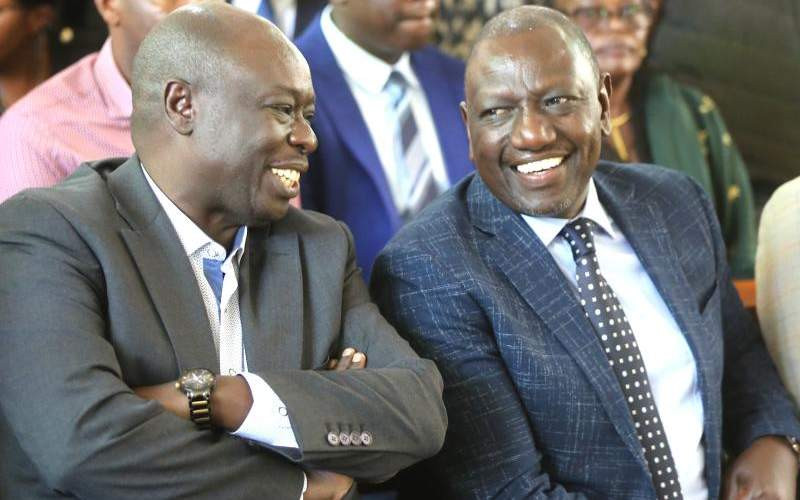×
The Standard e-Paper
Stay Informed, Even Offline

President-elect William Ruto has asked the Supreme Court to lock out the Law Society of Kenya (LSK) from presidential election petition.
In an affidavit drawn by Kithure Kindiki and Associates Advocates dated August 28, 2022, Ruto argues the lawyers' lobby cannot be neutral as Martha Karua is its member and also a former leader.